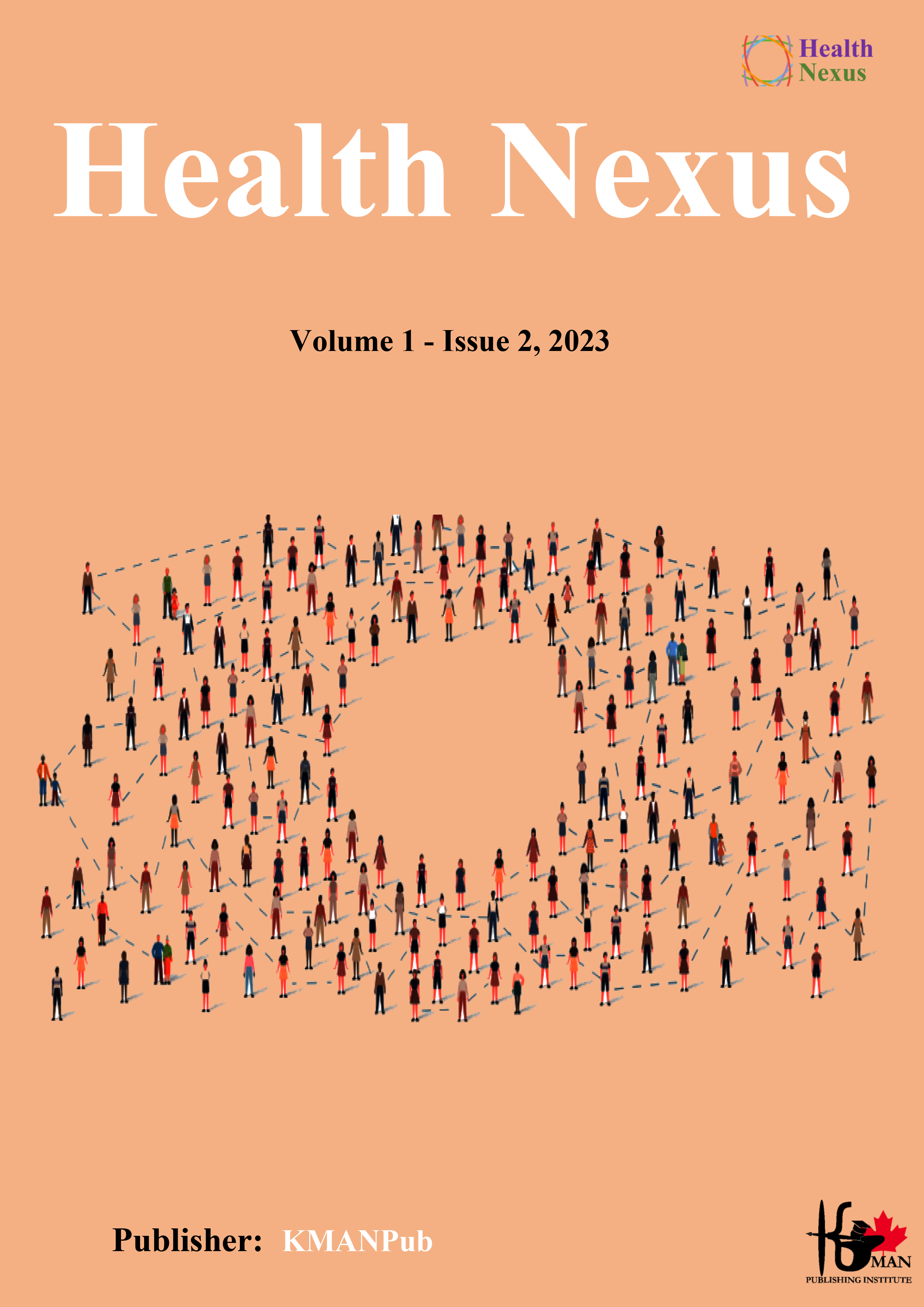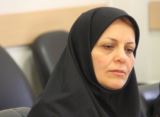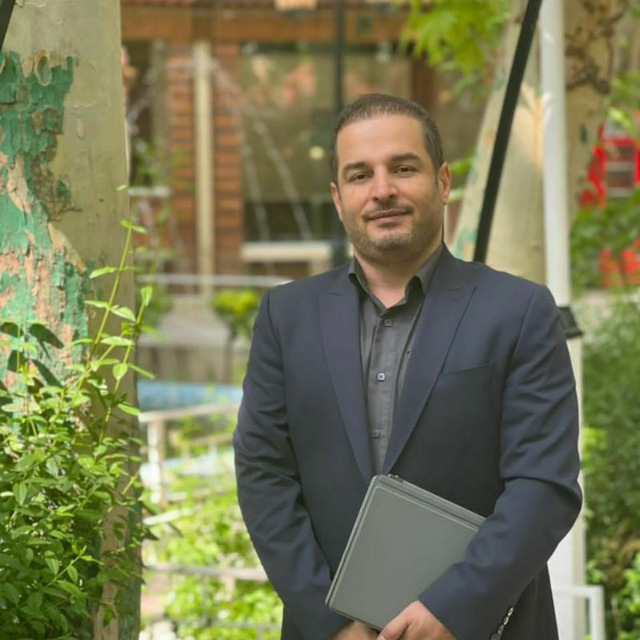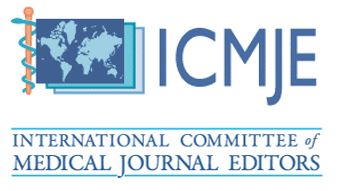Effectiveness of Intervention Based on Academic Buoyancy on Academic Burnout and Academic Engagement of Students with Reading Learning Disorder
Abstract
The present study was conducted with the aim of investigating the effectiveness of intervention based on academic buoyancy on academic burnout and academic engagement of students with reading learning disorder. The research method was semi-experimental with a pre-test and post-test design with a control group. The statistical population included all female students with reading learning disabilities in the fifth and sixth grades of elementary school in the academic year of 2022 in the city of Isfahan. The sample of the study was 30 people who were selected by available sampling method and were randomly divided into two experimental (n=15) and control (n=15) groups. The experimental group received 12 70-minute sessions of intervention based on academic buoyancy (Fooladi et al, 2017). The research tools were the reading and under-reading test (Karami Nouri and Moradi, 2014), academic burnout questionnaire (Breso et al, 1977) and academic engagement (Archambault et al., 2009). Multivariate covariance analysis was used to analyze the data. The findings showed that the intervention based on academic vitality has a significant effect on reducing academic burnout (F=32.64) and increasing academic engagement (F=43.53) of students with reading learning disorder (P< 0/001). According to the findings, it is recommended to use the intervention based on academic vitality as a preventive educational program to reduce the educational problems of students with learning disabilities.
Downloads
References
1. Glimps-Smith K. The Barriers Ethnically Diverse Girls Face in STEAM. In: González-Lezcano RA, editor. Advancing STEM Education and Innovation in a Time of Distance Learning. Hershey, PA, USA: IGI Global; 2023. p. 234-52. [DOI]
2. Crisci G, Caviola S, Cardillo R, Mammarella IC. Executive functions in neurodevelopmental disorders: Comorbidity overlaps between attention deficit and hyperactivity disorder and specific learning disorders. Frontiers in human neuroscience. 2021;15:594234. [PMID: 33732121] [PMCID: PMC7958764] [DOI]
3. American Psychiatric Association A. Diagnostic and statistical manual of mental disorders: DSM-5-TR: Washington, DC: American psychiatric association; 2022. [DOI]
4. Wheeler DL, Hill JC. The impact of COVID-19 on early childhood reading practices. Journal of Early Childhood Literacy. 2021:14687984211044187. [DOI]
5. Galuschka K, Görgen R, Kalmar J, Haberstroh S, Schmalz X, Schulte-Körne G. Effectiveness of spelling interventions for learners with dyslexia: A meta-analysis and systematic review. Educational Psychologist. 2020;55(1):1-20. [DOI]
6. Reid G. Dyslexia: A practitioner's handbook: John Wiley & Sons; 2016.
7. Salmela-Aro K, Savolainen H, Holopainen L. Depressive symptoms and school burnout during adolescence: Evidence from two cross-lagged longitudinal studies. Journal of youth and adolescence. 2009;38:1316-27. [PMID: 19779808] [DOI]
8. Jalalvand M, Lotfikashani F, Vaziri S. The relationships between perfectionism, mindfulness and academic burnout with mediating role of unconditional self-acceptance and coping style in in high school boy students in Tehran. Journal of Psychological Science. 2020;19(86):245-64.
9. Stallman HM, Hurst CP. The university stress scale: measuring domains and extent of stress in university students. Australian Psychologist. 2016;51(2):128-34. [DOI]
10. Herrmann J, Koeppen K, Kessels U. Do girls take school too seriously? Investigating gender differences in school burnout from a self-worth perspective. Learning and Individual Differences. 2019;69:150-61. [DOI]
11. Kong L-N, Yang L, Pan Y-N, Chen S-Z. Proactive personality, professional self-efficacy and academic burnout in undergraduate nursing students in China. Journal of Professional Nursing. 2021;37(4):690-5. [PMID: 34187665] [DOI]
12. Fiorilli C, De Stasio S, Di Chiacchio C, Pepe A, Salmela-Aro K. School burnout, depressive symptoms and engagement: Their combined effect on student achievement. International Journal of Educational Research. 2017;84:1-12. [DOI]
13. Jagodics B, Kóródi K, Szabó É. A Diák Kiégés Kérdőív szerkezetének vizsgálata magyar mintán. Magyar Pszichológiai Szemle. 2021;76(1):1-22. [DOI]
14. Jagodics B, Szabó É. Student burnout in higher education: a demand-resource model approach. Trends in Psychology. 2022:1-20. [DOI]
15. Seibert GS, May RW, Fitzgerald MC, Fincham FD. Understanding school burnout: Does self-control matter? Learning and Individual Differences. 2016;49:120-7. [DOI]
16. Kristanto T, Chen WS, Thoo YY. Academic burnout and eating disorder among students in Monash University Malaysia. Eating behaviors. 2016;22:96-100. [PMID: 27131097] [DOI]
17. Watson R, Deary I, Thompson D, Li G. A study of stress and burnout in nursing students in Hong Kong: a questionnaire survey. International journal of nursing studies. 2008;45(10):1534-42. [PMID: 18241870] [DOI]
18. Mikaeili N, Afrooz G, Gholiezadeh L. The relationship of self-concept and academic burnout with academic performance of girl students. Journal of School Psychology. 2013;1(4):90-103.
19. Ma Y, Bennett D. The relationship between higher education students' perceived employability, academic engagement and stress among students in China. Education+ Training. 2021;63(5):744-62. [DOI]
20. Rossi F, Rosli A, Yip N. Academic engagement as knowledge co-production and implications for impact: Evidence from Knowledge Transfer Partnerships. Journal of Business Research. 2017;80:1-9. [DOI]
21. Larson KE, Bottiani JH, Pas ET, Kush JM, Bradshaw CP. A multilevel analysis of racial discipline disproportionality: A focus on student perceptions of academic engagement and disciplinary environment. Journal of school psychology. 2019;77:152-67. [PMID: 31837724] [DOI]
22. Datu JAD, King RB, Valdez JPM. The academic rewards of socially-oriented happiness: Interdependent happiness promotes academic engagement. Journal of school psychology. 2017;61:19-31. [PMID: 28259242] [DOI]
23. Fouladi A, Kajbaf MB, Ghmrani A. Effectiveness of Academic Buoyancy Training On Academic Success and Academic Self-Efficacy of Girl Students. Journal of Instruction and Evaluation. 2018;11(42):37-53.
24. Putwain DW, Daly AL. Do clusters of test anxiety and academic buoyancy differentially predict academic performance? Learning and Individual Differences. 2013;27:157-62. [DOI]
25. Putwain DW, Gallard D, Beaumont J. Academic buoyancy protects achievement against minor academic adversities. Learning and Individual Differences. 2020;83:101936. [DOI]
26. Martin AJ, Ginns P, Brackett MA, Malmberg L-E, Hall J. Academic buoyancy and psychological risk: Exploring reciprocal relationships. Learning and Individual Differences. 2013;27:128-33. [DOI]
27. Martin AJ, Marsh HW. Academic buoyancy: Towards an understanding of students' everyday academic resilience. Journal of school psychology. 2008;46(1):53-83. [PMID: 19083351] [DOI]
28. Atadokht A, Hedayat S, Sepehrinasab Z. Comparison of cognitive processing and central cohesion in dyslexic and normal female students. Journal of Learning Disabilities. 2020;9(3):94-110.
29. Zarenezhad S, Soltanikouhbanani S, Karshki H. The Effectiveness of Self-Regulatory Learning Strategies on Working Memory and Inhibiting the Response of Dyslexic Students. Neuropsychology. 2019;5(18):109-30.
30. Bresó E, Schaufeli WB, Salanova M. Can a self-efficacy-based intervention decrease burnout, increase engagement, and enhance performance? A quasi-experimental study. Higher Education. 2011;61(4):339-55. [DOI]
31. Naami A. The relationship between the quality of learning experiences and the academic burnout of master's students of Ahvaz University. Journal of Psychological Studies. 2009;5(3):117-34.
32. Naami A, Piriaei S. The relationship between the dimensions of academic motivation and the academic enthusiasm of third-year high school students in Ahvaz city. Journal of Research in Educational Systems. 2012;6(16):29-42.
33. Archambault I, Janosz M, Fallu J-S, Pagani LS. Student engagement and its relationship with early high school dropout. Journal of adolescence. 2009;32(3):651-70. [PMID: 18708246] [DOI]
34. Azarian R, Mahdian H, Jajromi M. The effect of academic vitality education on academic self-efficacy and students' motivation to progress. Educational Leadership & administration. 2019;13(4):1-19.
35. Tarazi Z, Khademi Ashkezari M, Akhavan Tafti M. Reducing The Academic Burnout of Students with Learning Disabilities Through Attributional Retraining, Emotional Regulation, and Social Cognitive Problem Solving. Journal of Exceptional Children. 2020;20(3):132-13.
36. Denisova O, Lekhanova O, Gudina T, editors. Problems of distance learning for students with disabilities in a pandemic. SHS web of conferences; 2020: EDP Sciences. [DOI]
37. Bean J, Eaton SB. The psychology underlying successful retention practices. Journal of College Student Retention: Research, Theory & Practice. 2001;3(1):73-89. [DOI]
38. Puolakanaho A, Lappalainen R, Lappalainen P, Muotka JS, Hirvonen R, Eklund KM, et al. Reducing stress and enhancing academic buoyancy among adolescents using a brief web-based program based on acceptance and commitment therapy: a randomized controlled trial. Journal of youth and adolescence. 2019;48:287-305. [PMID: 30560515] [PMCID: PMC6394525] [DOI]
39. Tarbetsky AL, Martin AJ, Collie RJ. Social and emotional learning, social and emotional competence, and students’ academic outcomes: The roles of psychological need satisfaction, adaptability, and buoyancy. Social and emotional learning in Australia and the Asia-Pacific: Perspectives, programs and approaches. 2017:17-37. [DOI]
40. Vayskarami H, Mir Darikvand F, Ghara Veysi S, Solaymani M. On the Relationship of Academic Self-efficacy with Academic Buoyancy: the Mediating Role of Basic Psychological Needs. Journal of Instruction and Evaluation. 2019;12(47):141-58.
41. Victoriano JR. An investigation of the generalizability of buoyancy from academics to athletics: Louisiana State University and Agricultural & Mechanical College; 2016.
42. Weißenfels M, Hoffmann D, Dörrenbächer-Ulrich L, Perels F. Linking academic buoyancy and math achievement in secondary school students: Does academic self-efficacy play a role? Current Psychology. 2023;42(27):23422-36.
43. Bahadormotlagh E, Attari Y, Bahadormotlagh G. The Effectiveness of Teaching Cognitive Strategy Skills on Perceived Competence Dimensions in Students. 2012;9(33):39-46. [PMID: 35874963] [PMCID: PMC9295088] [DOI]
Downloads
Additional Files
Published
License
Copyright (c) 2023 Sara Nejatifar (Corresponding Author); Mohammad Reza Ghasemi, Paria Sarami, Ahmad Abedi (Author)

This work is licensed under a Creative Commons Attribution-NonCommercial 4.0 International License.


























